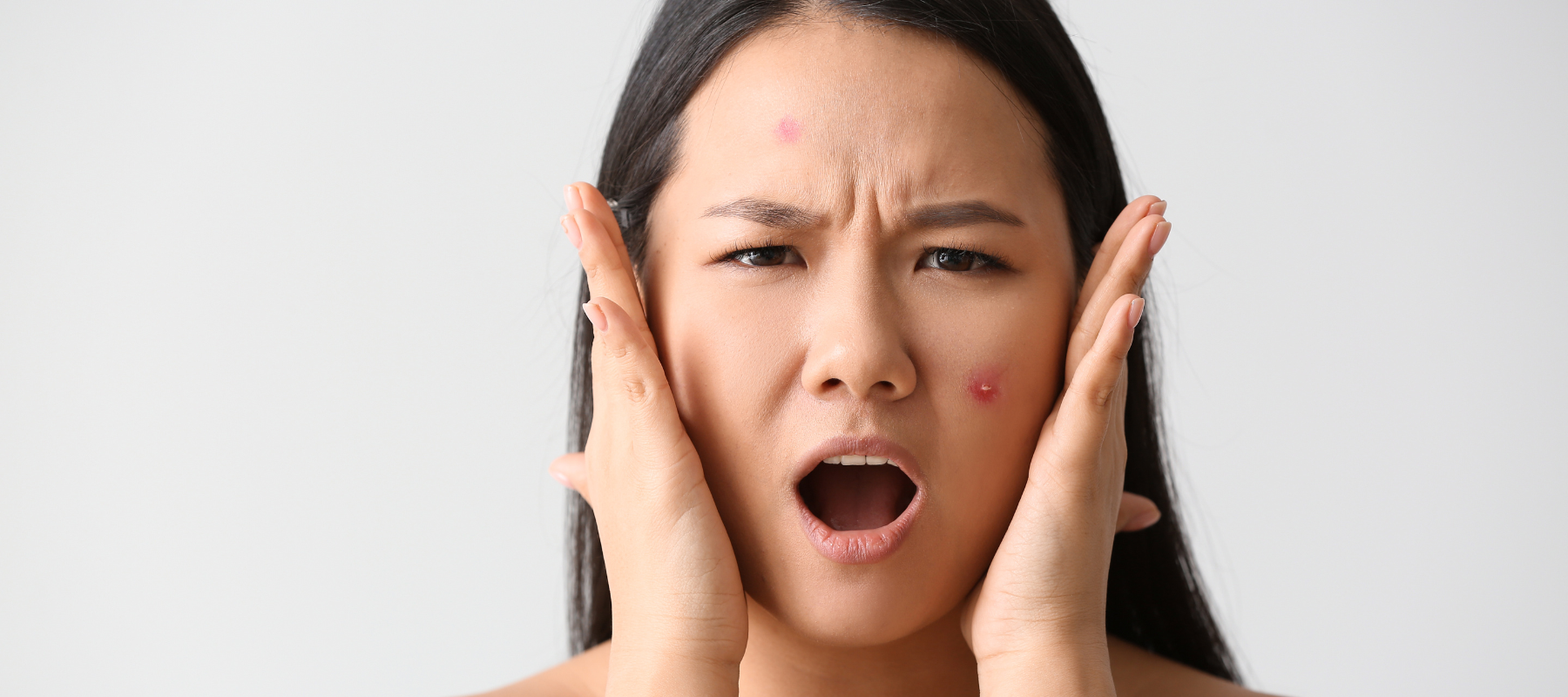
The Truth Behind Using Aspirin for Pimples: Does It Really Work?
Many of us have experienced pimples, those annoying blemishes that can apparently develop out of nowhere. The usage of aspirin for acne is one such unorthodox medicine that has attracted attention. Desperation frequently drives us to look for alternative cures. But does this OTC analgesic actually function as a miracle cure for acne?
The science underlying aspirin's possible usefulness, as well as its myths, benefits, and drawbacks, will all be covered in this article, along with safer options to treat those pesky blemishes.
Understanding the myth behind using aspirin for pimples
Let's dispel the myth about aspirin being a cure-all for zits before we look at the scientific evidence. The idea is pretty simple: salicylic acid, a popular ingredient in many acne medications recognised for its exfoliating capabilities, is present in aspirin. Apply a paste made from crushed aspirin for pimples and water as a spot treatment. Salicylic acid is supposed to enter the pores, exfoliate dead skin cells, and lessen inflammation.
While aspirin does contain salicylic acid, it's crucial to keep in mind that this acne-fighting compound may not be best delivered to your skin through aspirin. Aspirin tablets frequently include extra binders and fillers that can reduce the salicylic acid content, potentially making them less effective than specific acne medications.
The science behind aspirin and its effects on acne
Let's now examine the aspirin's scientific basis and any potential impacts it might have on acne. Aspirin's main ingredient, salicylic acid, is a beta hydroxy acid (BHA) that is well-known for its capacity to exfoliate the skin. It functions by severing the connections that hold skin cells together, clearing clogged pores, and preventing the development of new blemishes. It is a common component in many over-the-counter acne remedies because of this mechanism.
Also read: How to prevent breakouts
Salicylic acid, a component of aspirin, may help lessen the redness and swelling related to pimples when applied topically. But it's important to recognise that results may differ from person to person. Aspirin's salicylic acid concentration might not be as accurate as that of acne-specific products, which could lead to variable outcomes. It is always suggested to use salicylic acid products that are made specifically for your skin.
Pros and cons of using aspirin for pimples
As with any acne medication, there are benefits and drawbacks to utilising aspirin for breakouts.
Pros
1. Cost-effective
Aspirin is an economical and widely accessible solution for folks on a tight budget. However, it is important to know whether it is effective for pimples.
2. Potential acne improvement
Some people who have used aspirin as a spot treatment have noted benefits, including less inflammation and smaller zits.
Cons
1. Inconsistent results
Unpredictable results could result from inconsistent salicylic acid concentration in aspirin tablets.
2. Skin sensitivity
The harshness of aspirin paste on the skin may result in dryness or irritation.
3. Not suitable for everyone
Avoid applying aspirin to the skin if you have a salicylate or aspirin allergy.
Alternatives to aspirin for treating pimples
Apart from being cost-effective, aspirin is a hit-or-miss for treating your skin woes. Generally, it is not advisable to use aspirin as an at-home hack for curing zits, so we suggest considering the following possibilities if you're seeking aspirin alternatives for zits:
1. Over-the-counter acne products
Acne treatments that are specifically made and contain salicylic acid, benzoyl peroxide, or sulphur may be more dependable and consistent.
The Pink Foundry's Clearing & Calming Acne Face Wash and Overnight Acne Spot Corrector are greatly effective when it comes to lessening acne and providing a healthy-looking complexion. The 1.5 % Salicylic Acid present in the face wash properly exfoliates the skin and prevents future breakouts.
2. Topical retinoids
They work well to both prevent acne and lessen the visibility of existing breakouts. However, a prescription might be necessary.
3. Natural remedies
With their anti-inflammatory and antibacterial characteristics, tea tree oil, aloe vera, and honey can all assist with acne. Before utilising natural therapies, always perform a patch test and check with a dermatologist.
The Pink Foundry's Acne Care & Healing Gel Moisturiser with Tea Tree & Cica contains the potent tea tree that has been proven beneficial to lessen acne. Also, Niacinamide present in the moisturiser helps in the reduction of excess oil and sebum.
Safety precautions when using aspirin for pimples
You must exercise care if you decide to use aspirin for pimples overnight:
1. Allergies
Be mindful of any aspirin or salicylate allergies you may have. Stop using it right away if you have any negative side effects.
2. Skin sensitivity
Aspirin can be hard on the skin, causing dryness and irritation. Before using it all over your face, start with a tiny area and give it a patch test.
3. Limited use
Instead of applying aspirin all over the face, it should only be used as a spot therapy. Too much use of it can make skin rashes worse.
4. Consult a dermatologist
The best course of action, if your acne is severe or persistent, is to see a dermatologist who can suggest a personalised treatment regimen.
In Conclusion
As aspirin contains salicylic acid, the thought of using it to treat acne may seem intriguing, but you should proceed with caution. The efficacy of aspirin varies, and not everyone will experience consistent benefits from it.
Additionally, there are less harmful and more dependable substitutes, such as over-the-counter and prescription treatments for acne. Remember that getting clear skin frequently needs a combination of therapies and unique skincare regimens. Therefore, speaking with a dermatologist is frequently the best line of action for doing so.
























































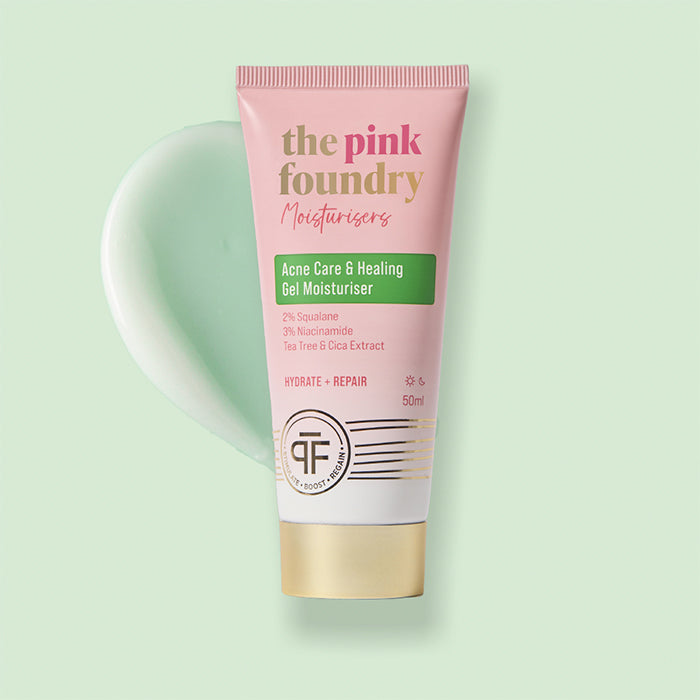

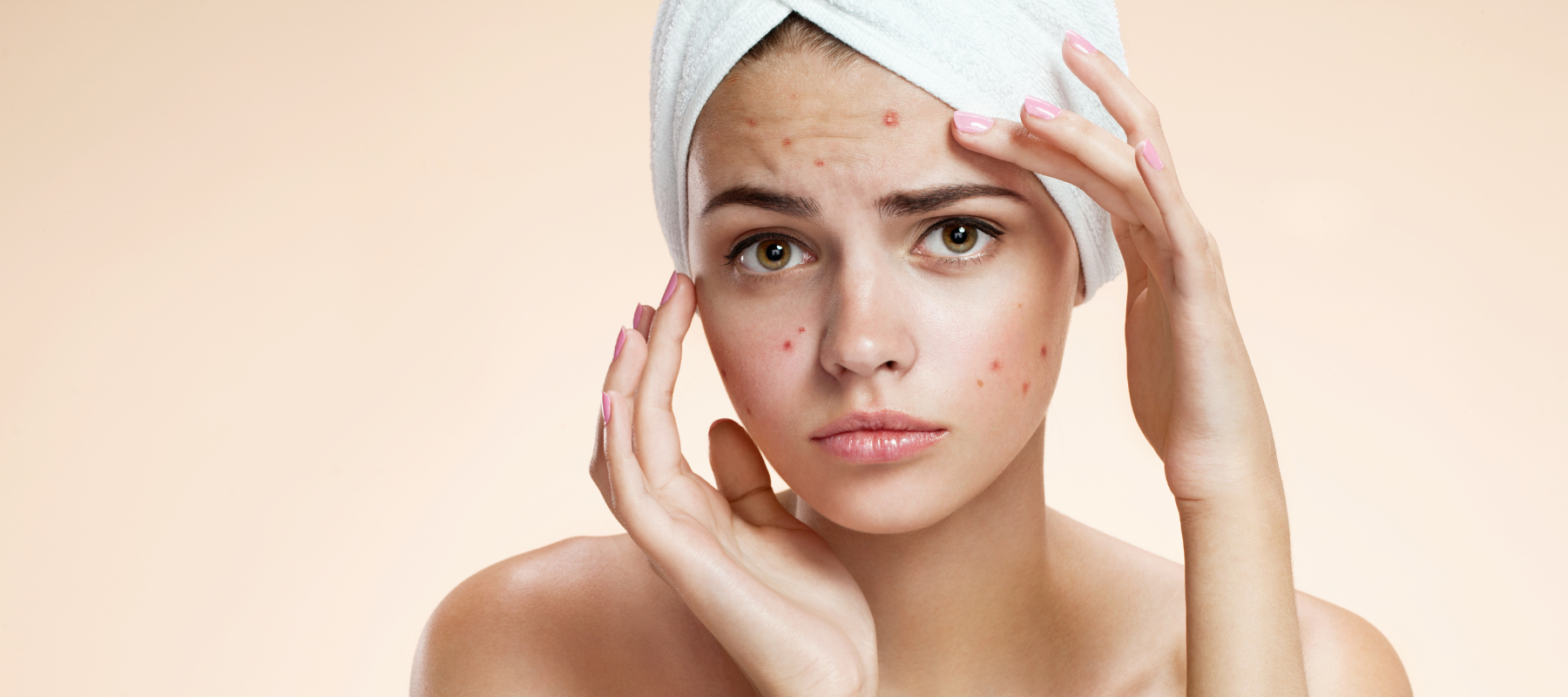
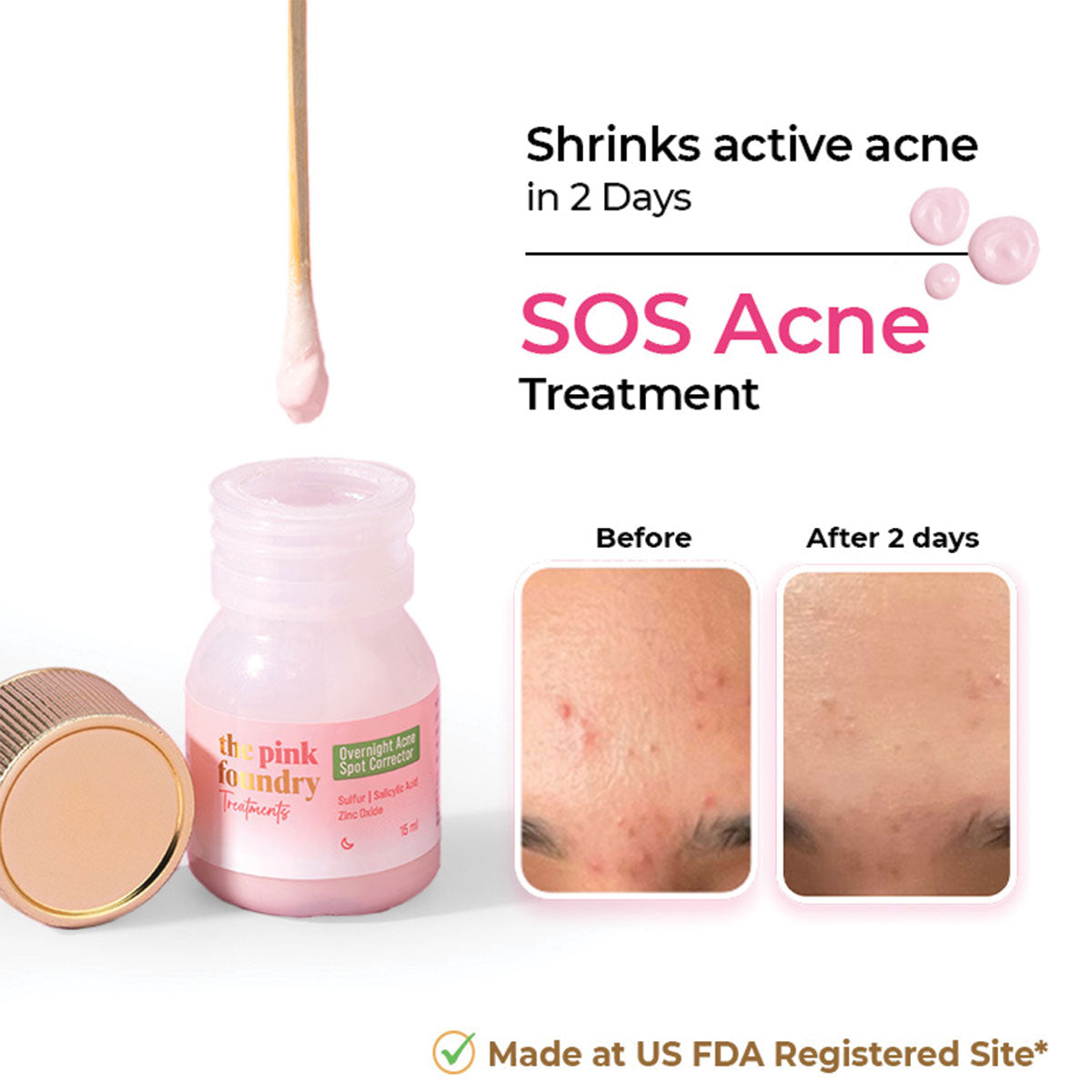
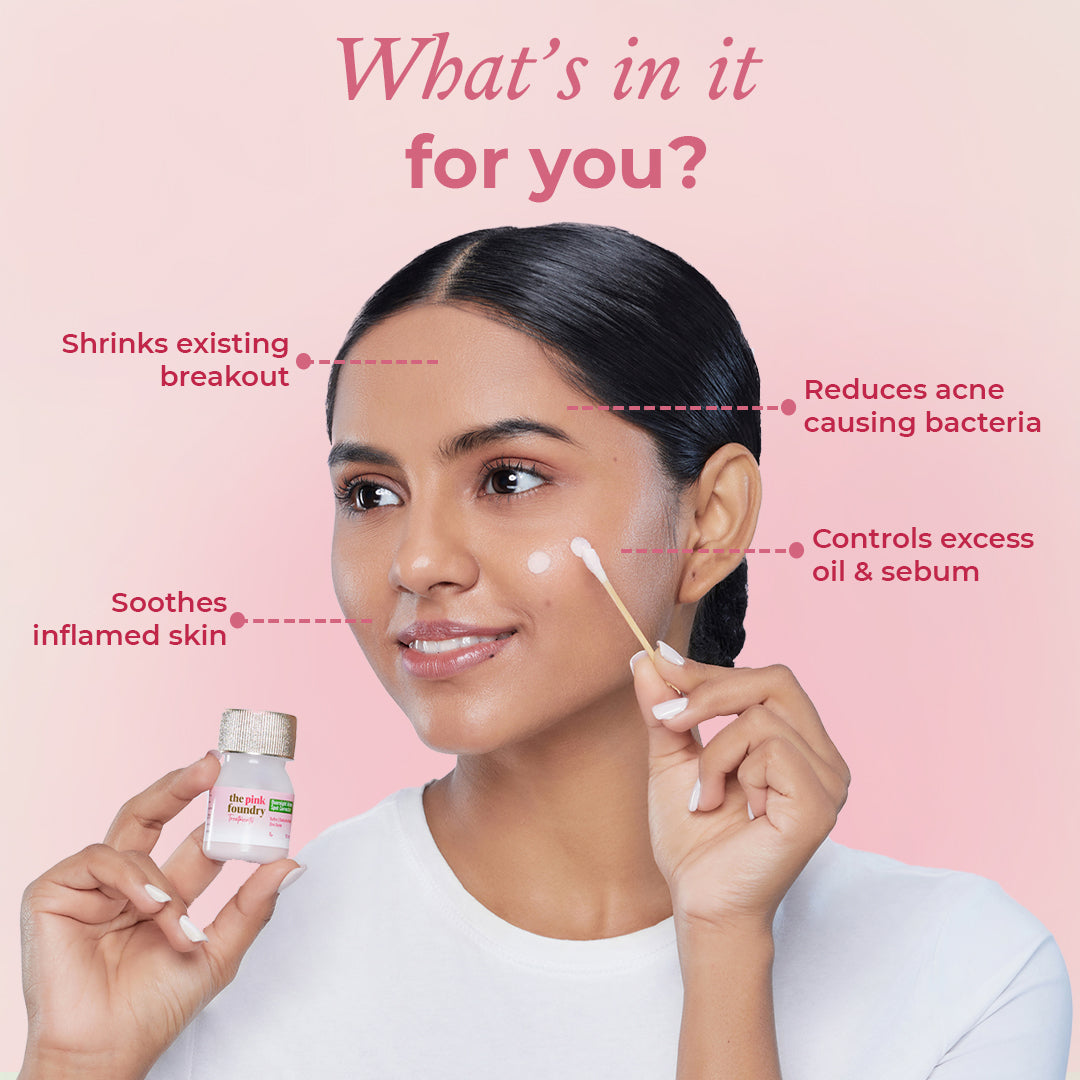


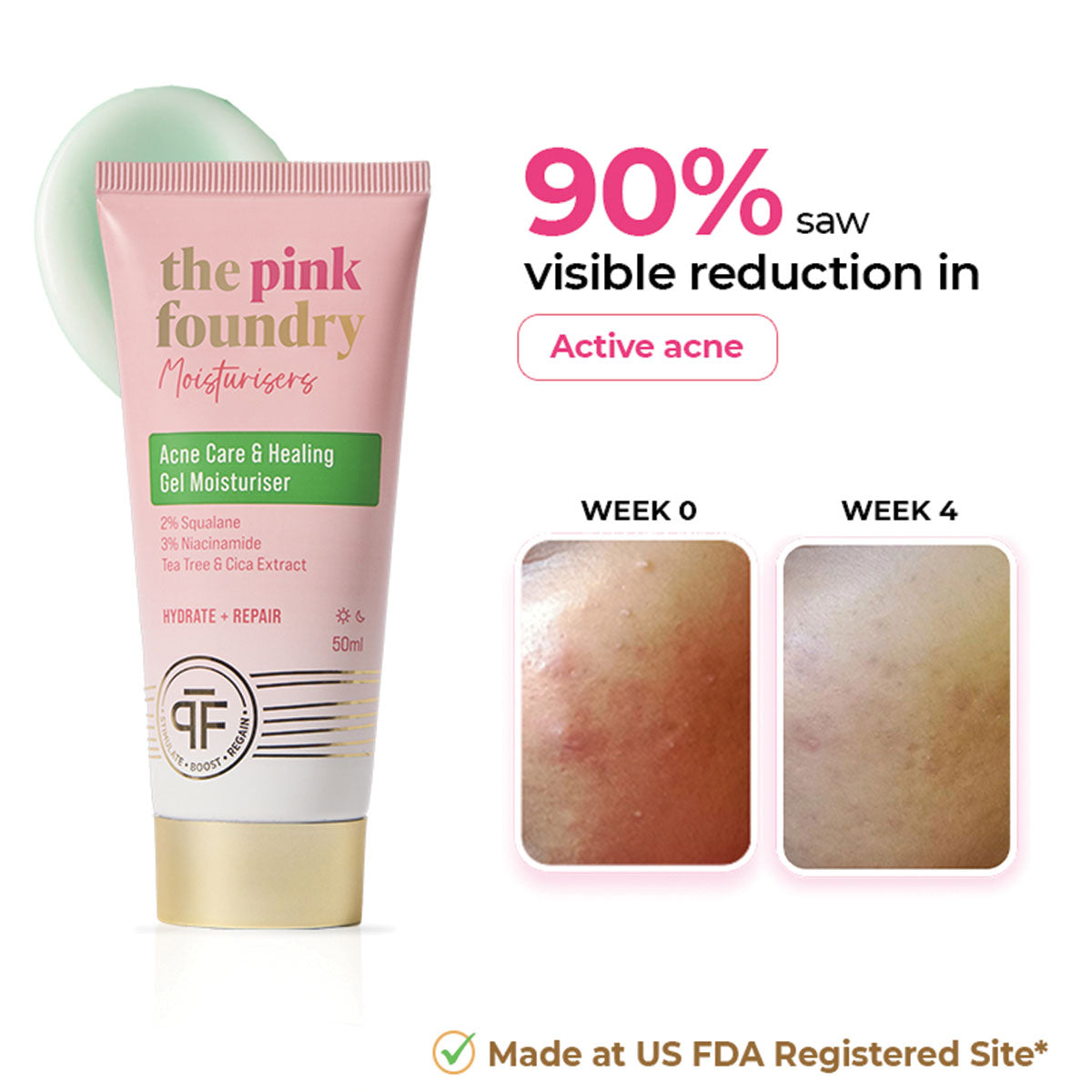
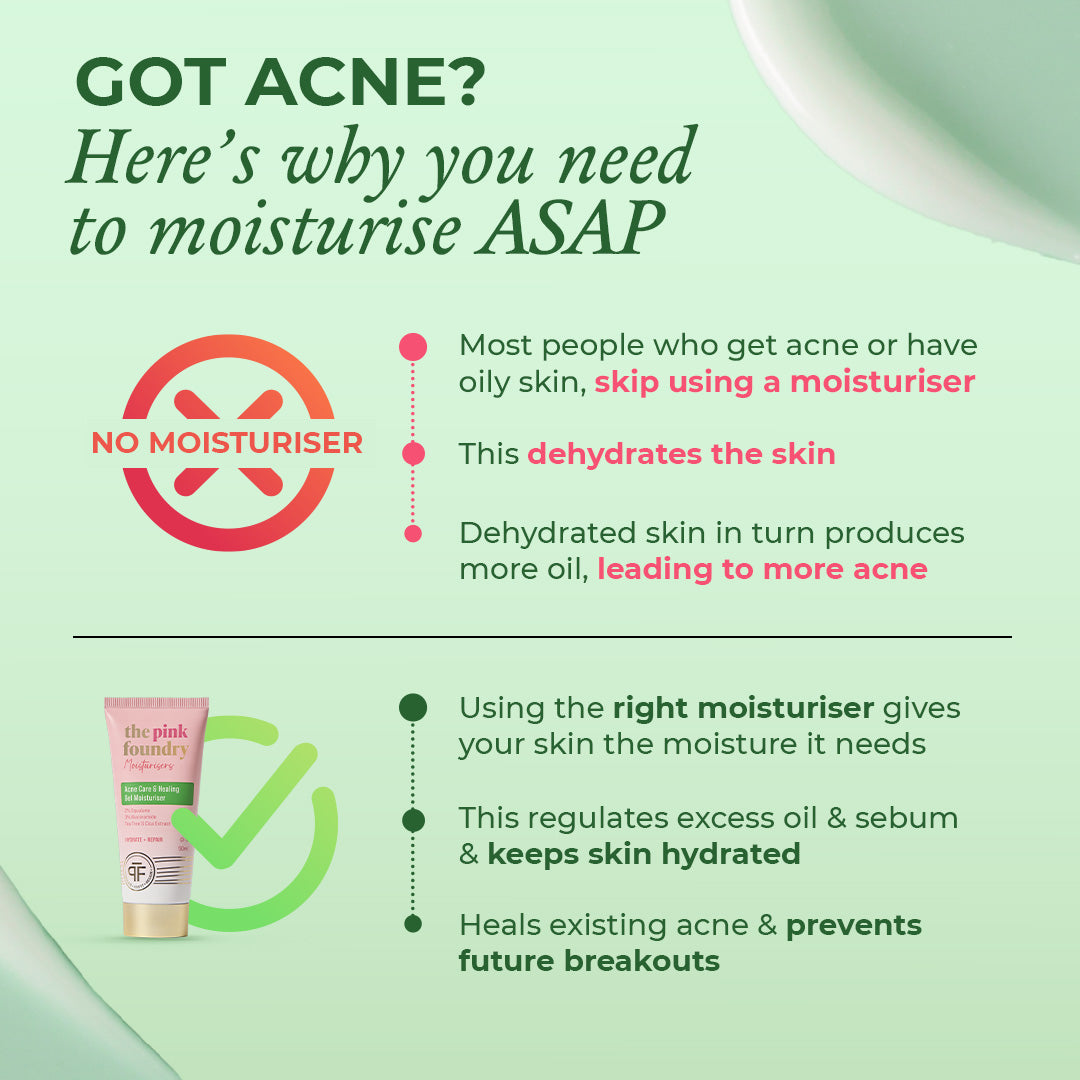










Leave a comment
This site is protected by hCaptcha and the hCaptcha Privacy Policy and Terms of Service apply.